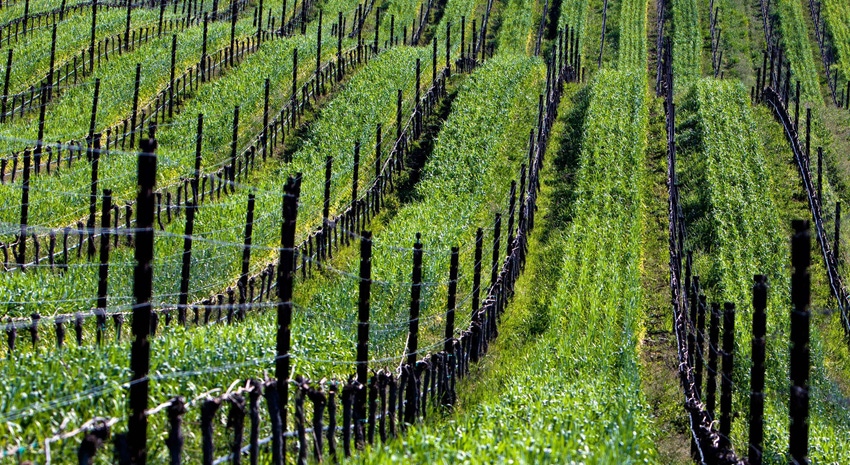April 30, 2021

For the fifth consecutive year, the Washington State Wine Commission (WSWC) awarded more than $1 million in research grants through the statewide grape and wine research program and its own grant program. The diverse research portfolio aims to improve wine quality by tackling high priority vineyard and winery issues.
The Washington State Wine Board of Directors approved 25 projects totaling approximately $1,120,000 for the upcoming fiscal year (July 2021-June 2022). Research grant awards have grown by 30% since 2015, which represents increased funding from the WSWC and the Auction of Washington Wines, a contributor to Washington State University’s viticulture and enology program.
Vineyard projects will focus on optimizing irrigation management, improving soil health, developing sustainable management strategies for nematodes, phylloxera, powdery mildew and other pests and diseases. Winery projects will include managing tannin and phenolics during winemaking, mitigating potential impacts on grapes from smoke and frost exposure, and investigating impact of yeasts on the release of bound compounds.
New research projects applicable to wineries include exploring a novel way to induce malolactic fermentation in grape musts and wine, and using native yeasts during fermentation to lower alcohol.
New vineyard projects include surveying for a potential leafmining pest of Washington vineyards, developing a mobile app to help growers detect lag phase and identify viral symptoms, assessing use of a sensor-based irrigation system applied to surface and subsurface drip irrigation, and evaluating sustainable ways to control grape mealybug, a pest that spreads grapevine leafroll virus.
Through the WSWC’s own research grant program, research teams from WSU and University of California, Davis will collaborate to understand tannin analysis through assessing the modified tannins found in wine. The WSWC also awarded a one-year demonstration grant to South Seattle College to verify the effectiveness of winery sanitation protocols.
Competitive grants
Wine research in Washington is funded through several competitive grant programs. A statewide program administered by WSU combines public, private and industry monies to support viticulture and enology research at WSU.
Four entities fund the statewide program: the Washington State Wine Commission, Auction of Washington Wines, WSU’s Agriculture Research Center, and state wine liter taxes (1/4 cent per liter of all wine sold). Additionally, the WSWC administers a competitive grant program to support short-term, demonstration research at Washington community colleges and beyond state borders.
Past research has helped growers and winemakers improve wine quality, reduce pesticide inputs by 80 percent and save $35 million annually, conserve up to 50% irrigation water through deficit irrigation strategies, and make informed frost and cold protection decisions from a cold hardiness model.
Current research projects have significant potential for return on investment, such as developing nematode management tools for replant situations to protect an estimated $44 million in annual replanting costs, buying time for growers dealing with phylloxera to prolong replanting with rootstocks, which costs $25,000 per acre, evaluating non-chemical methods to control powdery mildew, and more.
Learn more about the Washington wine industry’s research program and view the list of the upcoming research projects on the Washington State Wine Commission website.
For additional information, contact Melissa Hansen, Research Program Director at [email protected].
Source: Washington State Wine Commission, which is solely responsible for the information provided and is wholly owned by the source. Informa Business Media and all its subsidiaries are not responsible for any of the content contained in this information asset.
You May Also Like




